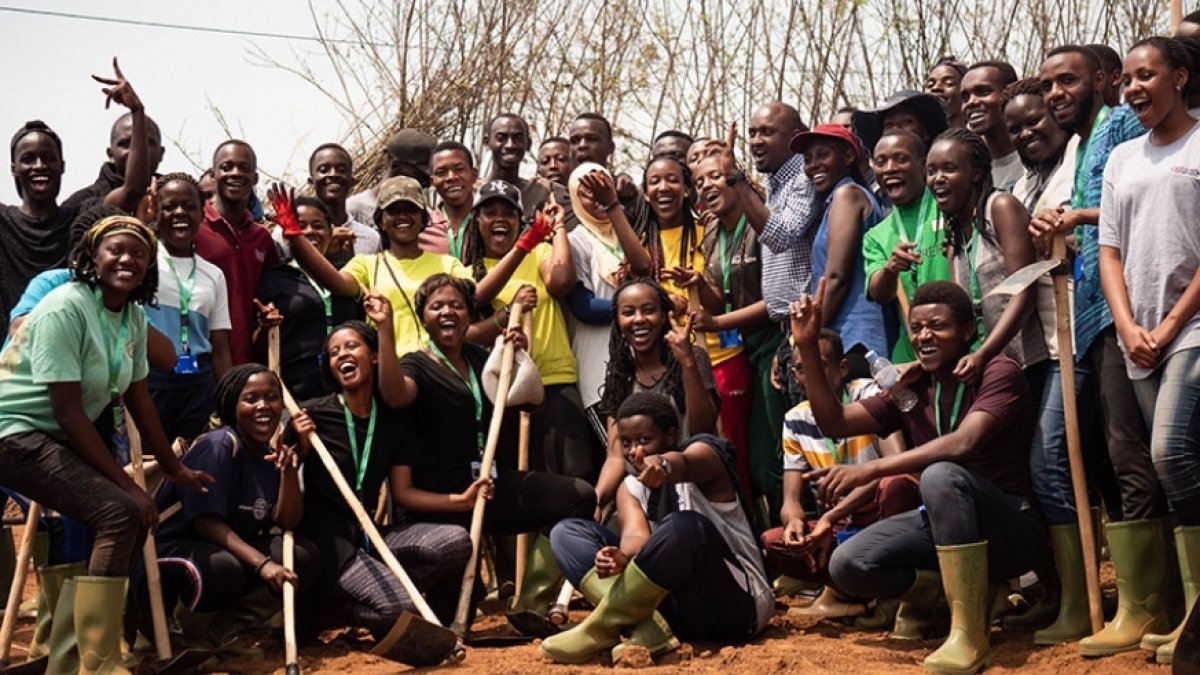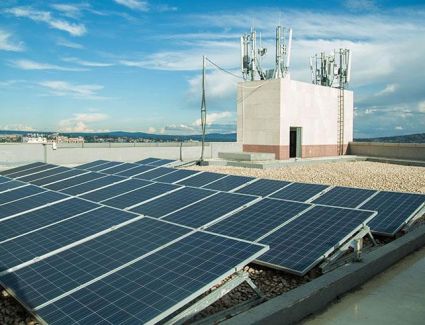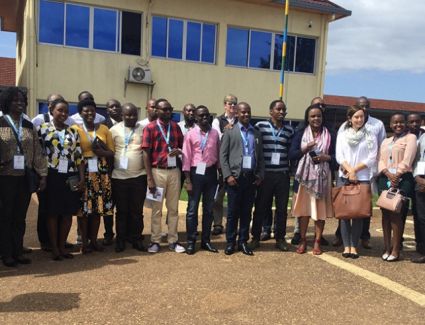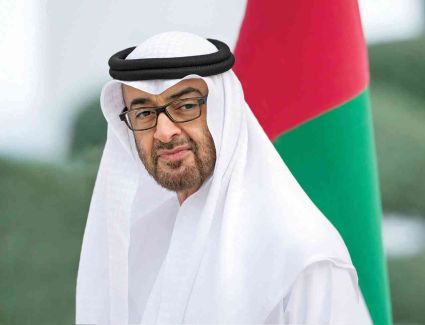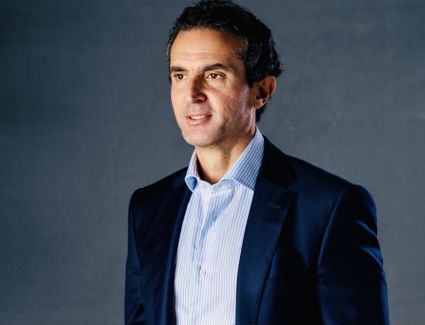Rwanda has pinned hopes on a new agriculture institute to produce future sector leaders, and drive up entrepreneurship and innovation, which are critically needed to increase productivity.
Opened on September 16, with a cohort of 80 students, Rwanda Institute for Conservation Agriculture (RICA), offers a 3-year Bachelor of Science degree in Conservation Agriculture, blending classroom learning with hands-on education.
Broadly, its aim is to enable smallholder farmers to produce healthy, abundant, low-cost food in sustainable ways in addition to developing profitable businesses.
Smallholder farmers continue to grapple with challenges associated with climate change, which erodes their earnings.

Students pose with the Agriculture minister.
With an agriculture-oriented university, optimism among experts and government officials is high that graduates will be able to introduce effective irrigation technologies in rural communities and help mitigate climate effects.
Located in Bugesera District, the college is part of multimillion-dollar agriculture initiatives in the country that are being funded by American philanthropist, Howard G. Buffett.
His vision is to establish a $125 million campus that would train future leaders and make them entrepreneurs, innovators and strategic thinkers who will address challenges across Rwanda’s agriculture sector, particularly at the smallholder scale.
Problems facing smallholder farmers are compounded by the volatile markets and poor post-harvest management of produce.
“Students will gain a science-based education, coupled with practical skills in farming, mechanisation, and irrigation techniques to improve agriculture productivity,” said Jean Claude Kayisinga, Deputy Vice-Chancellor for Institutional Development at RICA.
From 2021, when it is expected to reach its full capacity, the campus will be able to accommodate 250 students, Kayisinga said.
With students expected to closely engage with communities near the campus, their research insights could be informed by local needs and their innovations are expected to benefit local communities.
“We are building an institution of higher learning that will produce highly qualified professionals…with specific emphasis on food security for our people,” Gerardine Mukeshimana, the Minister for Agriculture and Animal Resources, said last year during a ground-breaking ceremony for the construction of the institute.

Eric Mbonigaba, Director of Agriculture and Livestock at the Private Sector Federation’s Chamber of Agriculture and Livestock, said the institute is expected to help address poor agriculture practices and limited access to services.
“Farmers need enough technicians to facilitate and coach them,” he said.
For instance, he added, while rice production is at about five tonnes per hectare in Rwanda, in developed countries, it reaches 15 tonnes per hectare because of better farming practices.
Agriculture employs the majority of Rwanda’s working population, formally or informally.
In 2018, agriculture grew by 6 per cent and contributed 28 per cent of Rwanda’s Gross Domestic Product, estimated at Rwf8,189 billion.
The fourth strategic plan for agriculture transformation, which runs from 2018 through 2024, targets an average annual growth rate of 10 per cent.


